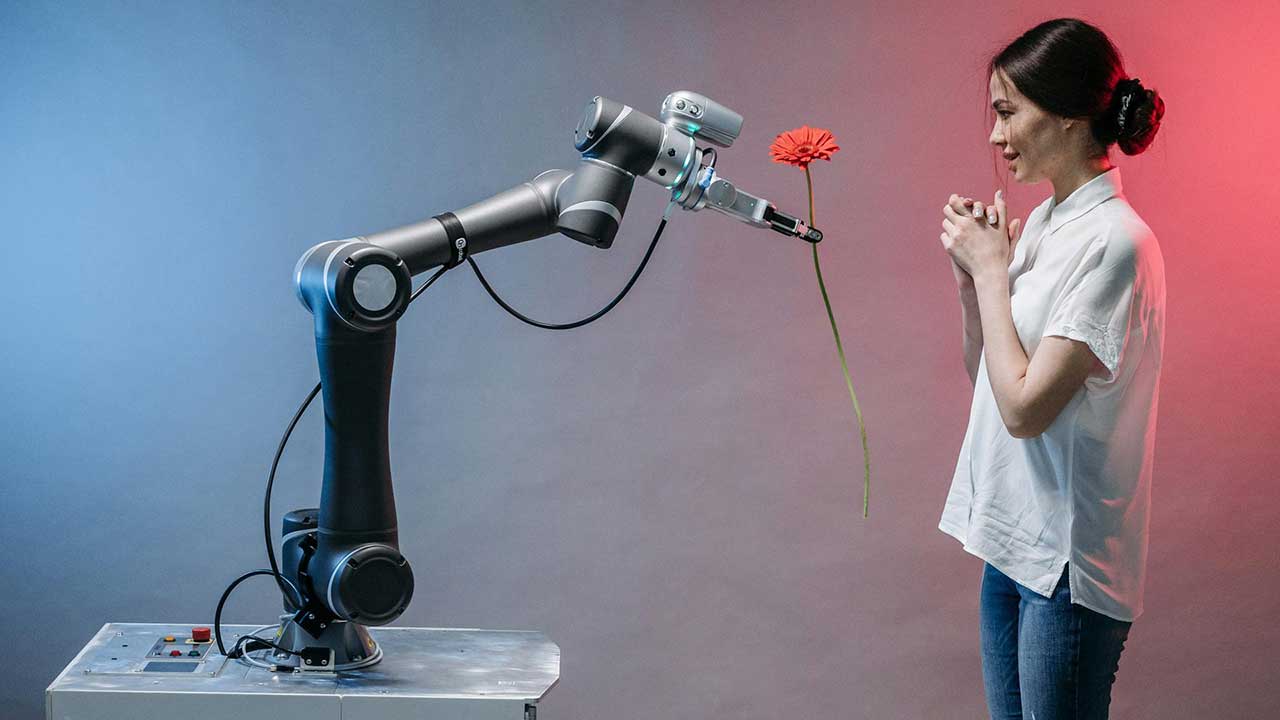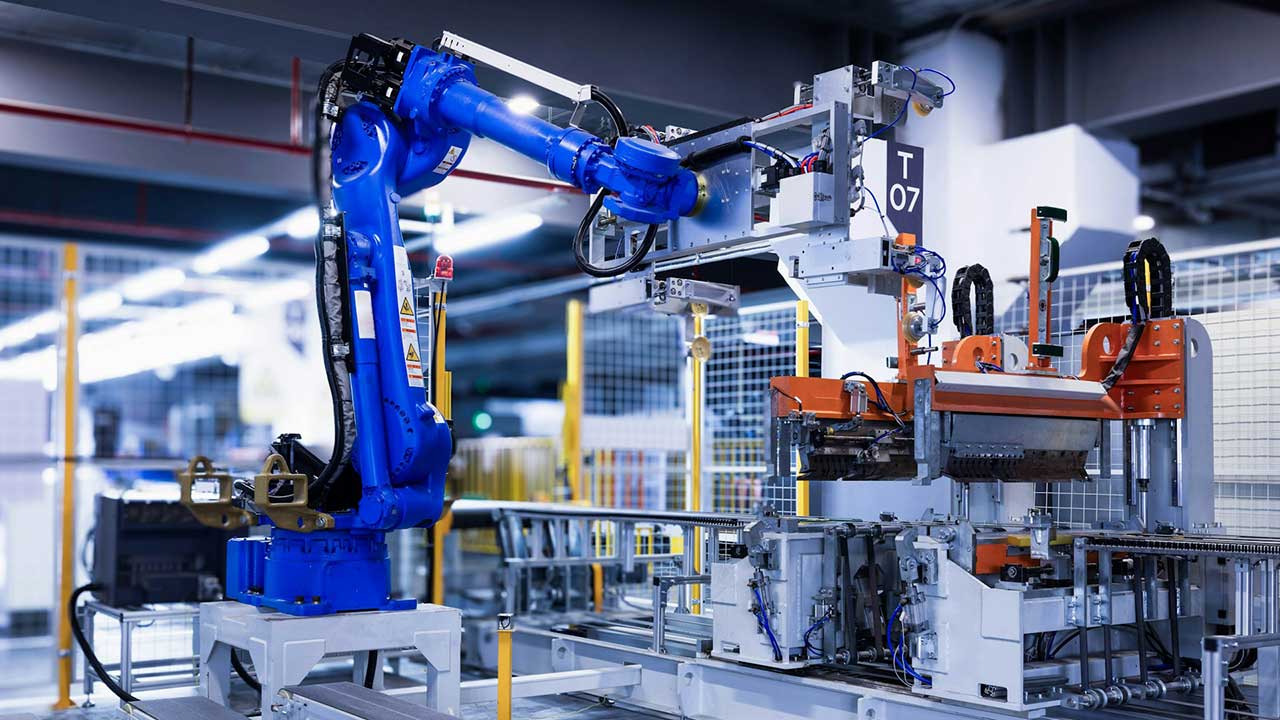
As artificial intelligence continues to revolutionize industries, the demand for skilled professionals in AI is rapidly increasing. In 2025, employers are seeking candidates with a diverse set of skills that allow them to harness the power of AI to solve complex problems, improve efficiency, and drive innovation. If you’re looking to break into the AI field or advance your career, here are the most in-demand AI skills employers will be hiring for in 2025. (Source: Business Insider)
Machine Learning (ML) and Deep Learning

Machine learning (ML) and deep learning (DL) remain foundational skills for AI professionals. ML algorithms enable machines to learn from data and make predictions, while deep learning—an advanced subset of ML—uses neural networks to handle complex, high-dimensional data like images, audio, and text. As AI applications in fields such as healthcare, finance, and autonomous vehicles expand, employers are looking for candidates who can design, implement, and optimize ML and DL models. Skills in frameworks like TensorFlow, PyTorch, and Keras are highly sought after. (Source: Forbes)
Natural Language Processing (NLP)

Natural language processing (NLP) is one of the fastest-growing areas in AI, enabling machines to understand, interpret, and generate human language. In 2025, companies will continue to rely on NLP for applications like chatbots, sentiment analysis, translation services, and voice recognition systems. Professionals with expertise in NLP algorithms and tools such as BERT, GPT, and spaCy will be highly valued. NLP specialists are needed to improve customer experiences, optimize search engines, and enhance voice assistants like Siri and Alexa. (Source: EC-Council University)
Data Science and Analytics

AI and data science are deeply intertwined, and employers are seeking professionals who can analyze large datasets and extract meaningful insights. Data scientists with expertise in statistical analysis, data visualization, and machine learning algorithms are essential for developing AI models that drive business decisions. In 2025, AI professionals who are skilled in tools like Python, R, SQL, and data visualization platforms such as Tableau and Power BI will be in high demand, as organizations look to leverage data for predictive analytics and strategic decision-making. (Source: City University of Seattle)
Computer Vision

Computer vision, which enables machines to interpret and make decisions based on visual data, is another key area of AI expertise. From facial recognition to autonomous vehicles, computer vision is being applied in a variety of industries. Professionals with experience in image processing, object detection, and video analysis using tools like OpenCV and TensorFlow are increasingly sought after. In 2025, employers will need computer vision experts to create AI systems that can interpret visual information as accurately as humans do, powering applications in security, healthcare, and retail. (Source: Cobloom)
AI Ethics and Governance

As AI technology becomes more integrated into society, ethical concerns around its use are growing. Employers are seeking experts who understand AI ethics, data privacy, bias mitigation, and governance to ensure responsible AI development and deployment. Professionals with knowledge of AI regulations, fairness in algorithms, and transparency in decision-making will be crucial for helping companies navigate the complex legal and ethical landscapes surrounding AI technology. As organizations prioritize trust and accountability in their AI systems, this skill set will continue to rise in demand. (Source: World Economic Forum)
Robotic Process Automation (RPA)

Robotic Process Automation (RPA) is revolutionizing how businesses handle repetitive tasks. AI-powered RPA can automate mundane workflows, from data entry to invoice processing, freeing up employees to focus on more strategic work. Professionals with skills in RPA tools such as UiPath, Blue Prism, and Automation Anywhere are needed to design, implement, and optimize automation systems. In 2025, businesses across industries will continue to rely on RPA to boost productivity and reduce costs, making it a valuable skill for anyone interested in AI-driven business transformation. (Source: ServiceNow)
Cloud Computing and AI Integration

Cloud computing is integral to AI applications, offering the infrastructure necessary to process large amounts of data and run complex AI models. As more companies adopt AI solutions, there is a growing demand for professionals who understand how to integrate AI technologies with cloud platforms like AWS, Google Cloud, and Microsoft Azure. Expertise in deploying AI models on the cloud and managing AI workflows in a cloud-based environment is essential for building scalable and efficient AI solutions. In 2025, AI professionals who understand both AI algorithms and cloud architecture will be in high demand. (Source: K21 Academy)
AI Security

With the rise of AI comes the increasing need for AI security experts who can safeguard against vulnerabilities in AI systems. AI-powered systems are susceptible to attacks like data poisoning and adversarial machine learning, where small manipulations of data can lead to incorrect predictions or security breaches. In 2025, organizations will need professionals skilled in AI security techniques to protect AI models and data from malicious activities. This includes securing machine learning pipelines, ensuring data privacy, and defending against adversarial attacks, making AI security a vital area of expertise. (Source: Built In)
AI for Business Strategy

AI is not just a tool for developers and engineers—it’s also becoming an essential component of business strategy. Employers will seek professionals who can align AI technologies with business goals, optimizing operations, enhancing customer experience, and driving growth. AI for business strategy involves understanding how AI can create value across departments, whether by improving marketing efficiency, enhancing supply chain management, or developing new products. In 2025, professionals who can bridge the gap between AI technology and business objectives will be in high demand. (Source: Harvard Business Review)
AI Programming and Development

AI development requires advanced programming skills, and Python remains the go-to language for most AI and machine learning applications. Other programming languages like Java, C++, and R are also useful for AI development, particularly in specific domains like robotics and data science. Employers will look for AI developers who can write efficient, scalable, and optimized code to build AI applications, from data pipelines to complex neural networks. As AI becomes more integrated into business operations, the demand for skilled programmers in this field will continue to grow. (Source: Towards Data Science)
The rise of AI in the workforce means that the demand for highly specialized skills is greater than ever before. In 2025, employers are not only looking for technical expertise in machine learning and natural language processing, but also for professionals who can apply AI to real-world problems, ensuring it is used ethically and securely. Whether you’re an aspiring AI engineer, data scientist, or business strategist, mastering these in-demand AI skills will make you highly competitive in the rapidly evolving job market.